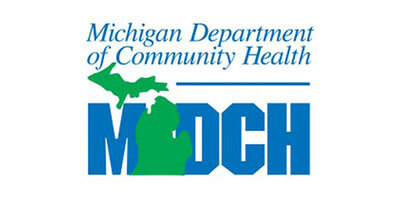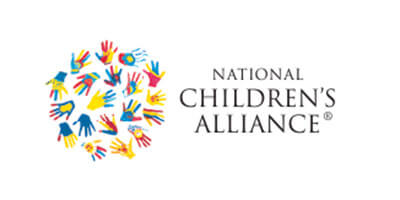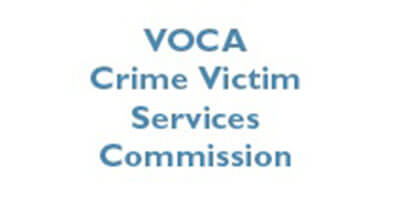In December 2016, January was formally proclaimed as National Slavery and Human Trafficking Prevention Month in the United States. As a Child Advocacy Center, we are so encouraged by the impact this declaration has had on our nation, as a whole. Throughout the whole month of January, organizations, non-profits, and individuals across the country took a stand to call attention to this issue within the United States.
On January 11, the staff at The Child Advocacy Center of Lapeer wore blue in support for Human Trafficking Awareness Day. Here’s a picture of a few of us!

From my experience in talking with young adults and parents, a lot of people hear the term “human trafficking” and immediately think of it as an issue overseas. This is still a large problem in other countries, but in reality it is also an issue that is widespread in the United States…human trafficking is something that is prevalent in our country, happening in our city, and threatening our children.
It’s time for us to take action!
To help spread awareness about this issue, we’re asking that you share this information with your family, friends, and anyone else who will listen. Here is a list of 15 possible indicators and warning signs:
1. Engages in high risk behaviors, such as running away or early sexual initiation of a minor
2. Excess amount of cash with vague or no explanation of where it came from
3. Lying about age/false ID
4. Inconsistencies when describing and recounting events
5. Presence or fear of another person (often an older male or boyfriend who seems controlling)
6. Has tattoos or forms of branding, such as tattoos that say, “Daddy,” “Property of…,” “For Sale,” etc.
7. Reports an unusually high number of sexual partners
8. Does not have appropriate clothing for weather or venue.
9. Injuries/signs of physical abuse (they may be reluctant to explain)
10. Be unpaid or paid very little/always in debt to someone
11. Showing signs of fear, anxiety, depression, submissiveness, tenseness, or nervousness
12. Not enrolled in school or repeated absence from school
13. Possession of prepaid cell phone, hotel keys, and/or key cards
14. Fearful of police and/or authorities
15. Sexually explicit profiles on social networking sites
What Can You Do?
The best way to protect your children and kids in our community is to keep open communication. It is so important to create an environment where our children feel comfortable talking with us at home, in the schools, at church, etc. We need to talk about the dangers of trafficking and encourage them to let someone know if they encounter an uncomfortable person or potentially dangerous situation.
Another way to learn more about what you can do as a parent is reading this fact sheet provided by the National Center for Missing & Exploited Children (NCMEC): “The Prostitution of Children in America: A Guide for Parents and Guardians”







